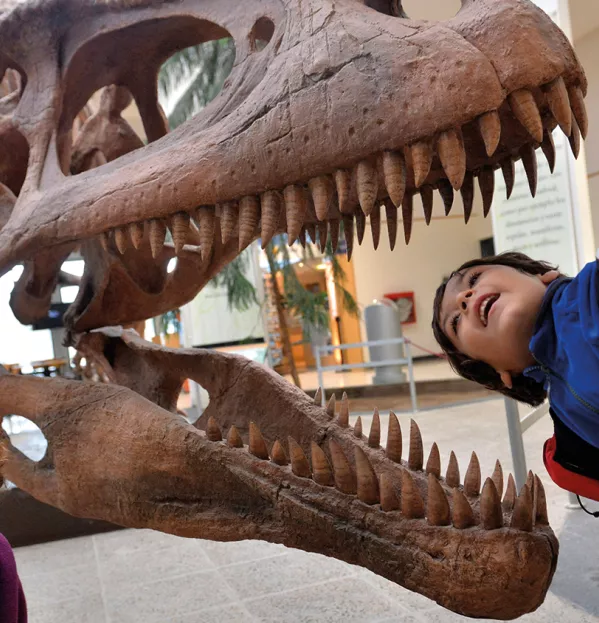What Lucy Dowson remembers most about the Year 6 trip she led to Calais is the cherries. Arriving in the French port, having crossed from Portsmouth, they had just three hours to explore before the journey back. The children had been given money to spend in one of the markets and, as they roamed the stalls, Dowson - who teaches at a primary in Hampshire - noticed a sizeable group gathered around a fruit stall.
The objects of fascination were baskets of a fruit the children had never seen before: cherries. “What are they, Miss?” asked one of the boys. Dowson explained.
“Are they like sweets?” he asked.
She thought about it and then answered, tentatively, “Yes”.
Later that day, the French crew of the ferry back to England looked on in bemusement as 60 English 11-year-olds sat on the deck, each with a bag of cherries in hand. The children, enamoured with this newly discovered “sweet”, had bought out the stall’s entire supply.
It is unexpected moments like this that make trips so special for the teachers who organise them. Yes, they plan such excursions for curriculum-related reasons or to boost children’s cultural capital but, sometimes, it is the unplanned moments that end up having a lasting impact.
Rite of passage
Unfortunately, offering students such benefits or experiences is becoming difficult to engineer. Trips are expensive and schools are increasingly finding it hard to fund them. Then there is the added issue of a packed curriculum, which can make even a morning out of the classroom tricky to timetable, let alone a week-long excursion.
As this guide demonstrates, though, school trips are worth fighting for. Research is clear that, when done well, they give students a boost in terms of their learning, and their cultural and social knowledge. They are also a rite of passage for many, with first steps into autonomy and self-discovery.
Yes, it is difficult to make trips work - and the risk assessments and admin can seem impossible to squeeze into a teacher’s busy workload - but as these pages makes clear, there are ways of making it manageable.
So have a read, let your imagination run wild and plan that trip. Opening children’s eyes to the world beyond their own community isn’t just the cherry on top of education, it is what education should be all about.
Ann Mroz, editor
